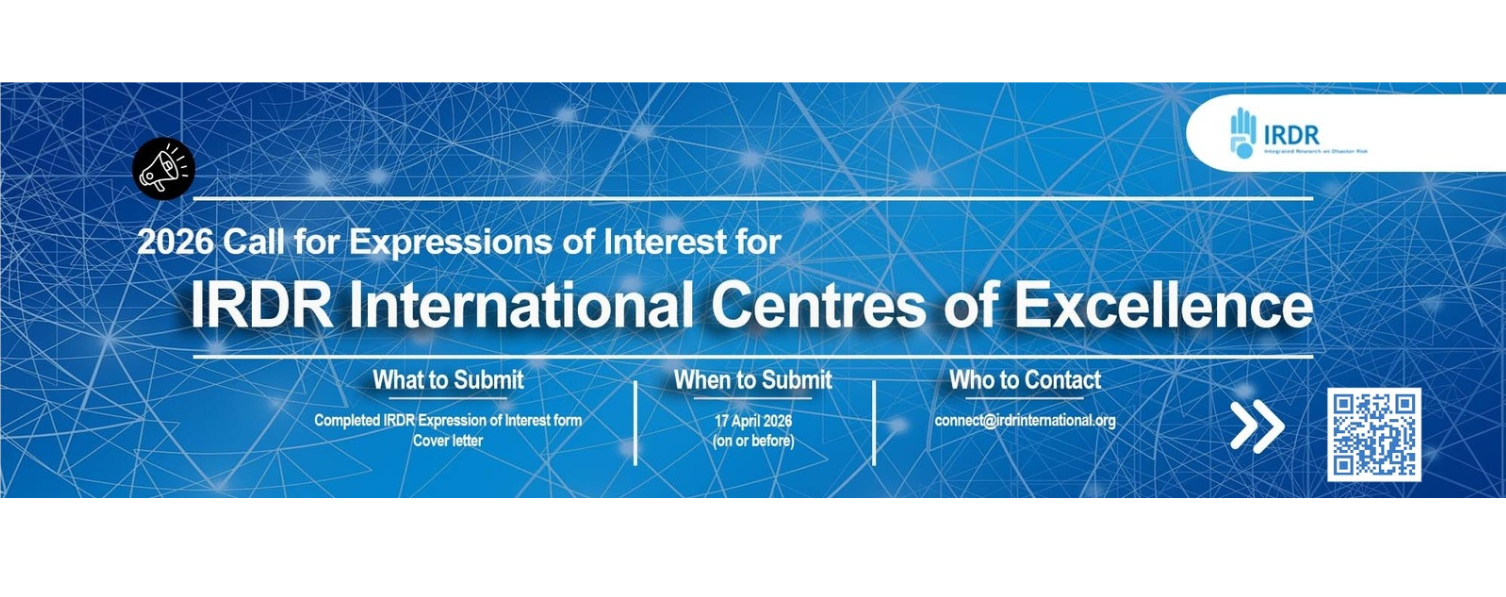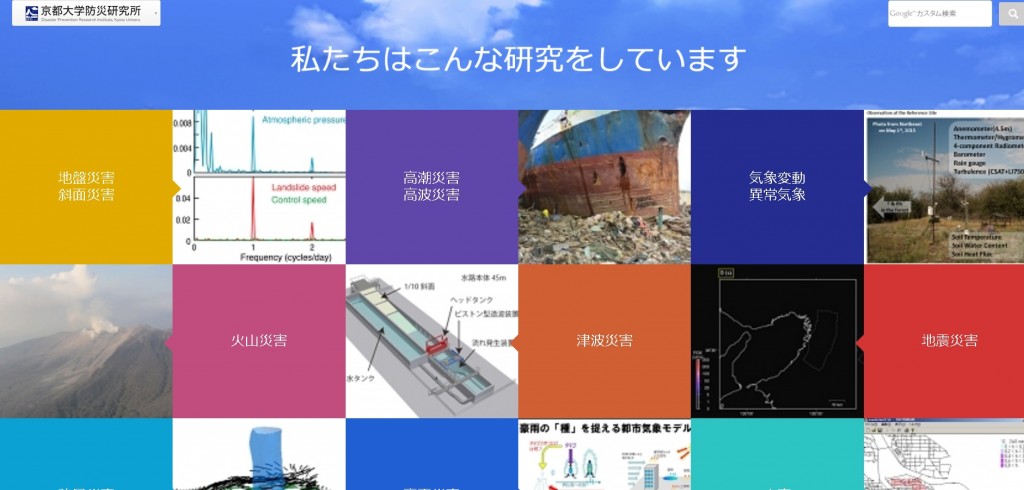The report entitled “An Assessment of Coastal Risks and the Role of Environmental Solutions” takes an integrated approach by focusing on analyses and recommendations that can benefit both people and nature across risk reduction and environmental conservation objectives. This report emerges from a US funded project “Coasts at Risk” and 1) examines the risks that nations face from vulnerability and exposure to coastal hazards; 2) identifies where environmental degradation contributes to these risks; and 3) explores where environmental solutions can contribute to risk reduction.
This report applies an indicator-based approach to assessing the risk that coastal nations face with respect to natural hazards. The C@R Index builds on the framework and methodology of the index presented in the WorldRiskReport, which was led by the Alliance Development Works and the United Nations University Institute for Environment and Human Security (UNU-EHS). Risk is defined as the interaction between a natural hazard event (including the adverse impacts of climate change) and the vulnerability of societies.
The executive summary of the “Coasts at Risk” says, “Coastal development and climate change are rapidly changing the world’s coastlines and dramatically increasing risks of catastrophic damage. Erosion, inundation and extreme weather events affect hundreds of millions of vulnerable people, important infrastructure and tourism—with significant losses to national economies and human suffering. Environmental degradation compounds these risks, increasing communities’ exposure to natural hazards and reducing their access to natural resources (e.g., fish stocks). Coastal and marine habitats, particularly coral reefs and wetlands, are at the front line of many of these changes and are increasingly lost and degraded. Often the loss of these habitats and fish stocks is greatest around population centers. That is, where the most people could benefit from these natural resources is often where their damage and loss are the greatest.”
The chapter pages covers the role of mangroves in coastal risk reduction, coral reefs and risk reduction , marine fisheries, social vulnerability and risk and recommendations for meeting risk reduction and conservation goals. Based on the report’s findings from the C@R Index and reviews of the role of reefs, mangroves and fisheries in risk and risk reduction, the following key recommendations were identified.
- There is a need to increase risk prevention measures and opportunities for better post-disaster development choices.
- Habitat restoration can contribute to risk reduction, and opportunities exist to focus these restoration efforts.
- Targeted research is needed on environmental risk reduction services to create better opportunities for investment.
- Leaders need to demand more cost-effective solutions and recognize opportunities to create sustainable investments in natural infrastructure.
- Fisheries management and research need to improve and recognize opportunities to reduce social vulnerability.
To download the report, go to: http://www.ehs.unu.edu/file/get/11854.pdf






